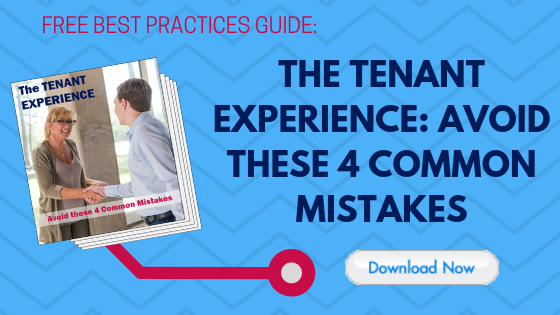BLOG CATEGORIES
Should I Stay or Should I Go: Reasons For Low Tenant Satisfaction

With so many options available to them, it truly is a tenant’s world, making tenant satisfaction and the tenant experience more important than ever. When it comes to tenant satisfaction, you want to stand out- but not in a bad way. Avoid these DON’Ts.
Throughout the course of a property manager’s intensely busy day, keeping tenants satisfied is a constant challenge and remains a work in progress. Many factors contribute to a tenant’s overall feeling of satisfaction, but sometimes not all the items on the checklist are given equal attention.
FREE DOWNLOAD- The Tenant Experience: Avoid These 4 Common Mistakes >>
Tenants often lose faith in their property’s management and move on after their lease is up due to common oversights or mistakes. Here are some of the most common reasons for tenant dissatisfaction that you will want to avoid at all cost.
Not being available, or available enough.
You already know that being there for your tenant is important, but to them, it is everything. Your being there for them when they need you (and even when they don’t) sends a message that you care about them and their well-being. They will feel when there is a lack of attentiveness. Be sure to answer the phone and respond quickly to texts and emails, even if just to say that you received their message. This is important more now than ever, as the digital age has accustomed us all to an immediate response right at our fingertips.
Not providing clear and regular communication.
Regular emails, texts, bulletin boards, tenant surveys, and even tenant meetings show that you are concerned with keeping your tenants in the know, and welcome feedback and interaction. If you aren’t providing these avenues of communication for your tenants, they may not feel empowered to reach out or provide feedback at all. Regular communication helps give your tenants control in interactions with you.
Not being transparent.
Expanding upon the previous tip, tenants want to know that building staff is willing to share both the good news and the bad news with them. Be sure to be straightforward about any issues that arise on the property (leaks, malfunctions, repairs), and keep them informed on all progress or even lack of progress. The tenants may not like the news, but they may appreciate your willingness to be completely honest with them.
Read more about how tenants appreciate transparency in our recent blog post.
Not providing quick turnaround.
Address all problems quickly. Even when a repair or other issues are a challenge, the fact that you are making your best effort to get them resolved goes a long way toward customer satisfaction. Staying in close contact with the tenant, as well as periodic updates and a determination to get it done will be remembered long after the issue is resolved.
No value added benefits.
These days, location may not be enough. Prospective tenants should remember your property while they’re visiting a number of others to consider. Get creative about how you may offer amenities and extras that could keep your property at the front of a prospective tenant’s mind. This doesn’t always have to be tangible- for instance, customer service that goes above and beyond expectations can be equally or more valuable to someone than, say, for instance, trash valet.
Not stating items clearly in the lease.
Of course, rent and utilities should be spelled out clearly, but leave no question in the tenant’s mind about who is responsible for what, including repairs, maintenance, and upkeep. Arguments over how the lease is worded may lead to the tenant not renewing. Be clear about what’s in the lease from the beginning of the relationship, and be sure to encourage questions. Have the tenant initial each page of the lease to show that they have read and understood what is expected.
Not being aware of tenants’ rights, or respecting them.
Let them know that you are well aware of tenants rights in your city or state, including all tenant entitlements and protections. Going over these points with your tenant shows them that they deserve their rights and you are ready to protect them. (Of course, be sure to regularly review these yourself as well to make sure you’re staying on top of them!)
Not providing adequate safety.
A survey recently conducted by Kingsley Associates showed that among the 670,000 multifamily renters surveyed, property security fell into the top six renewal decision factors. Property safety is not only about life-threatening situations. Your tenants want to feel safe and protected at all times, with well-lit areas, safe exits and entrances, and knowledge that they are not alone should a situation arise. They also want to know that they can get help in an instant. See our blog post: Property Safety: The Small Items That Make A Difference.
One way to provide peace of mind to your tenants (and yourself!) is to implement a first-class, user-friendly emergency communications system. Not only will a 24/7/365 monitored system make your tenants feel safer, it will help minimize your liability. Our Kings III Emergency Communications system calls for help at the mere touch of a button, and it’s far more reliable than a smartphone or app. A Kings III call box contacts help directly and in real time, every time. No dropped calls, no missed signals, and no voicemail. That’s because the call is coming from a fixed location and is connecting to live operators.
Our Kings III monitoring service will keep your tenants connected in any emergency, dispatching immediate aid and reassuring them that help is on the way. In fact, Kings III staff are trained in providing pre-arrival medical instructions in case of a health emergency or accident, reinforcing your tenants’ feeling of security up until the moment that help arrives.
Learn more about how you can increase tenant satisfaction, transparency, and the value of your property with a Kings III Emergency Communications system- contact us.
CATEGORIES TAGGED
ELEVATORS
PROPERTY SAFETY
CATEGORIES
KEEP LEARNING

2024 Brings Increased Adoption of Codes Requiring Video and Two-Way Messaging for Elevator Communications
As 2024 progresses, the adoption of safety codes mandating video and two-way messaging capabilities for elevator communications is gaining momentum across the United States.

What an Emergency Dispatcher will Most Likely Ask You
When suddenly faced with an emergency, you may immediately feel frightened and helpless. An emergency communications system can help reduce or eliminate those reactions by providing immediate assistance. Here's what you can expect on the other side of a call you place from an emergency phone.

Kings III Makes The Dallas Morning News Top 100 Places to Work List Becoming a 4x Winner
We're honored to be recognized by our employees and The Dallas Morning News by making the daily newspaper’s Top 100 Places to Work list for the 4th year in a row, falling in at 26th in the midsize companies category.
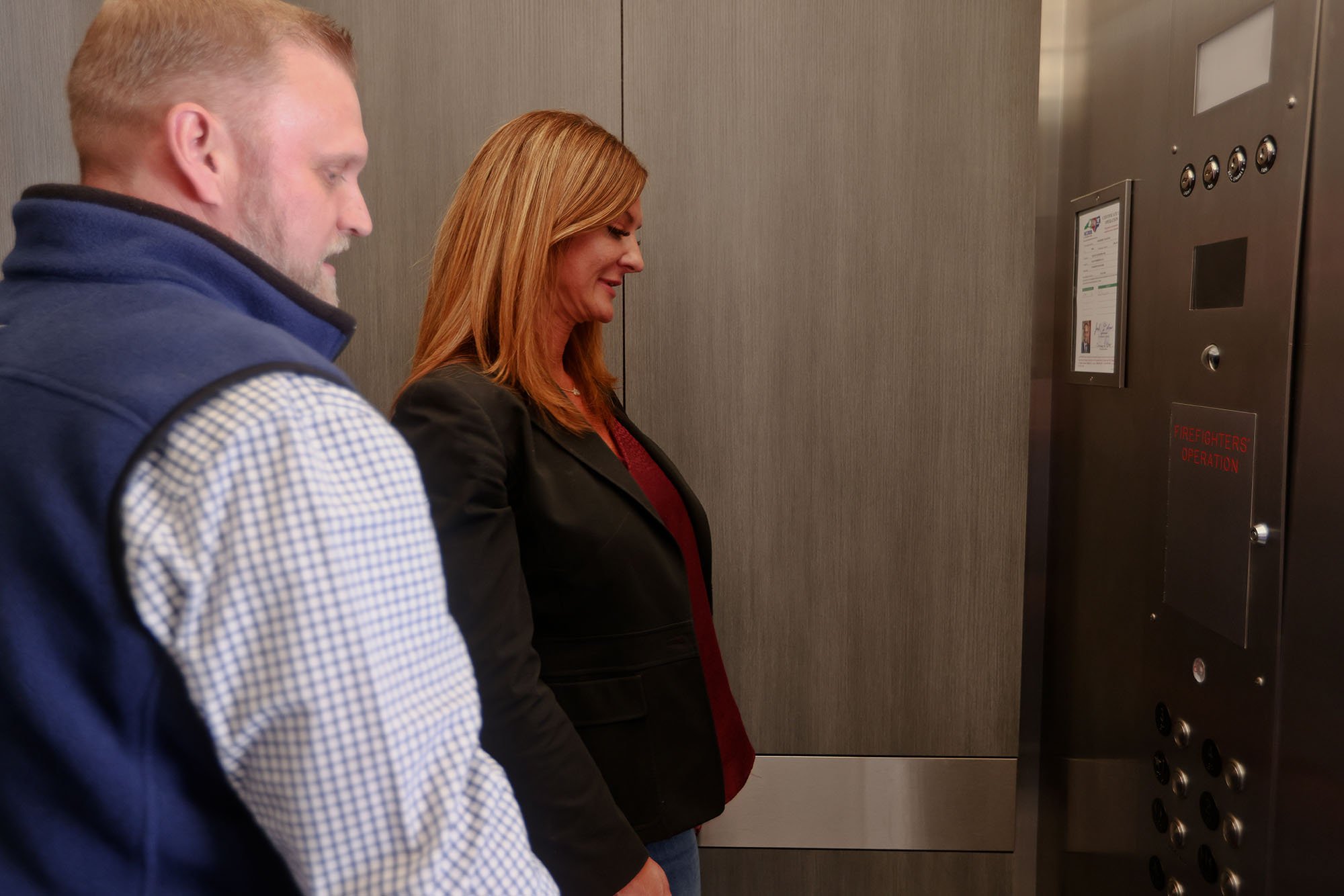
January 2024 Elevator Code Updates in Florida
Florida property managers have finally completed DLM requirements in their elevators (hopefully). But wait, there's more! Florida will adopt ASME 2019 starting January 1, 2024. Learn what this means, how you can comply, and get guidance from our code experts.
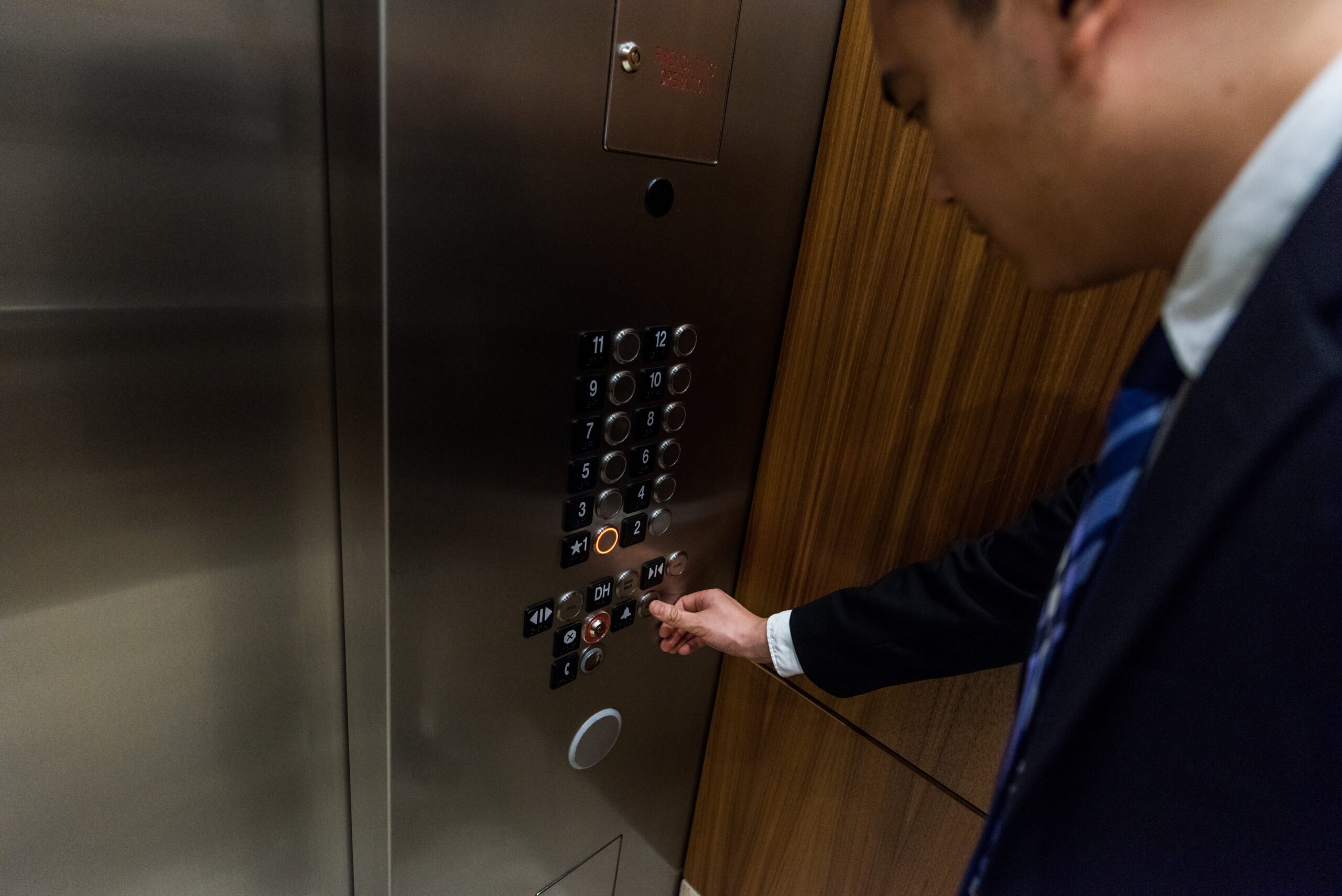
Survey Reveals Gaps in Building Emergency Communications Plans
A recent survey of property management professionals revealed that while more than 60 percent of respondents were aware that telecom companies are phasing out POTS (Plain Old Telephone Service, also known as analog copper land lines), nearly half reported their elevator emergency communication systems are still based on this endangered technology.

Successful Hotel CO Inspections
A CO is a vital requirement before opening your new-build/renovated hotel. One area we often see overlooked within the process is telecommunications. To help get you started, we’ve compiled a checklist of key telecom-specific items to consider that may be subject to inspection.
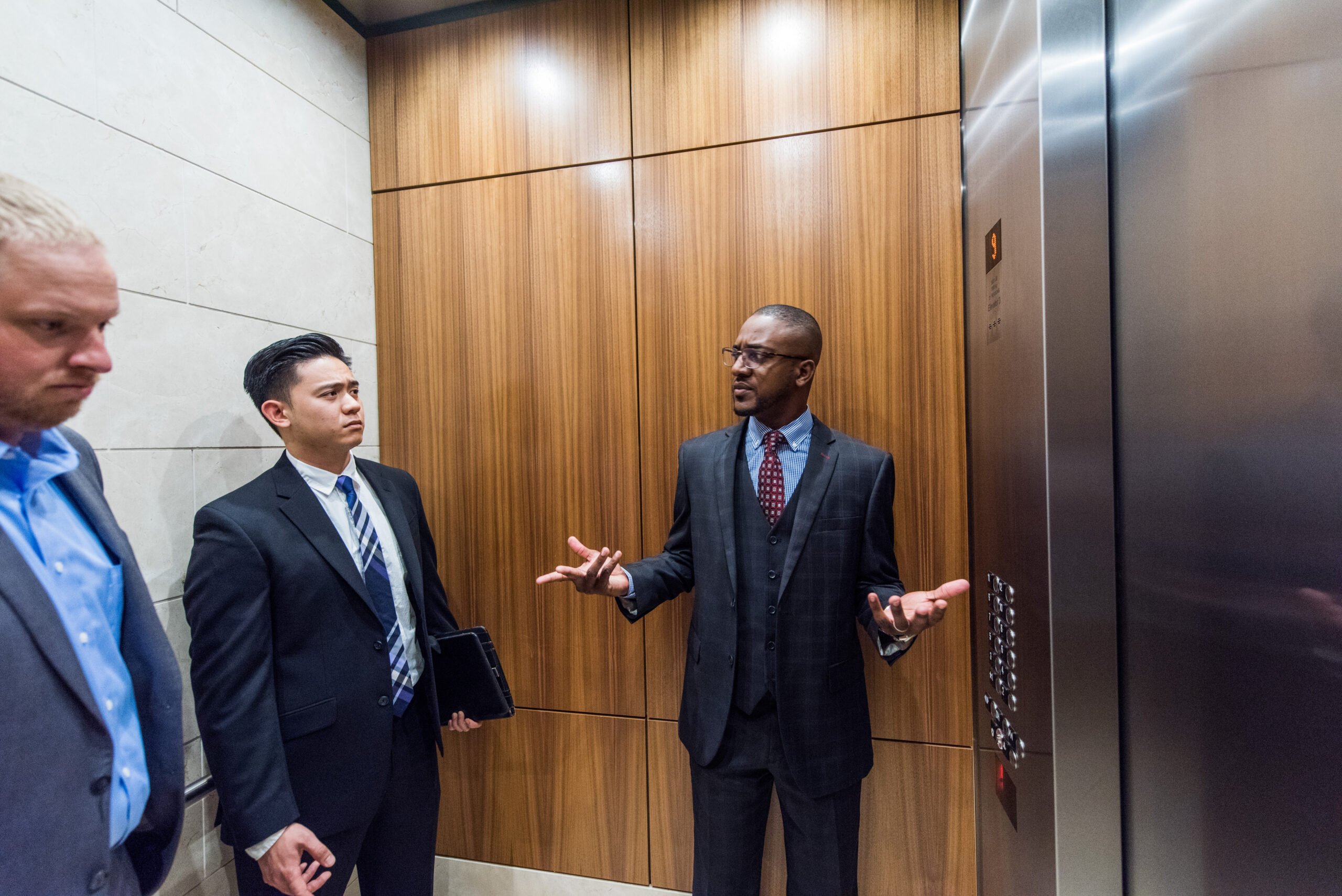
How is Elevator Liability Defined?
One of a building owner’s worst nightmares: a passenger gets into an elevator in perfect health but ends the ride with a serious physical or psychological injury. Thankfully, this is an extremely rare scenario, but all those involved in building management should know exactly how to define elevator liability and take action if an incident occurs.
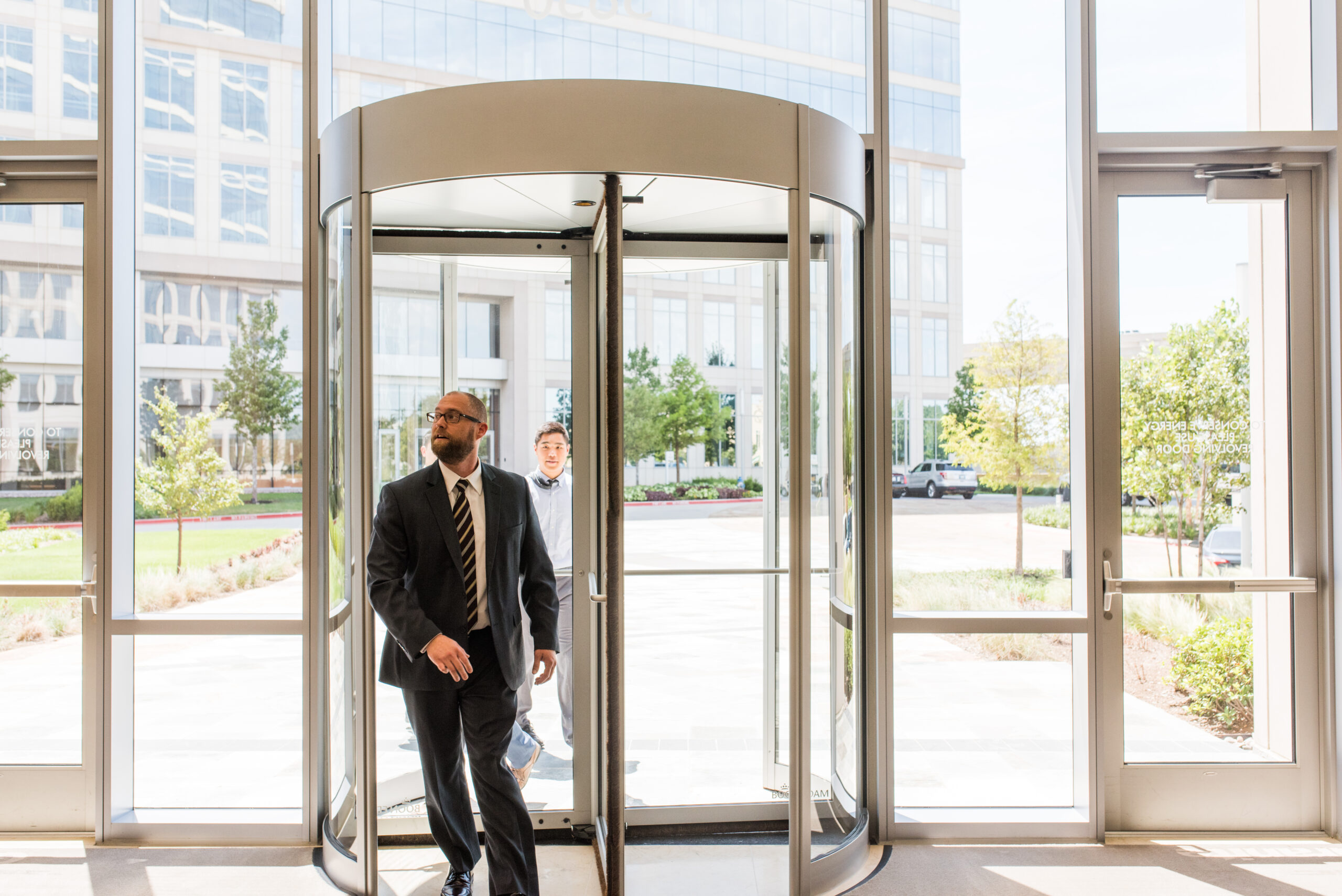
How is Your Premise Liability Law IQ?
A premises liability lawsuit holds a property owner responsible for any damages arising out of an injury on that person or entity's property. Keeping your property safe is, therefore, your number-one priority. Here's exactly what you need to know.

Kings III of America Announces CEO Transition
Kings III today announced that as part of a thoughtful succession process, Dennis Mason will be stepping down as Chief Executive Officer and transitioning to Senior Advisor. Norm Nelson, who has served as Chief Operating Officer since 2018, will succeed Mr. Mason as CEO.


